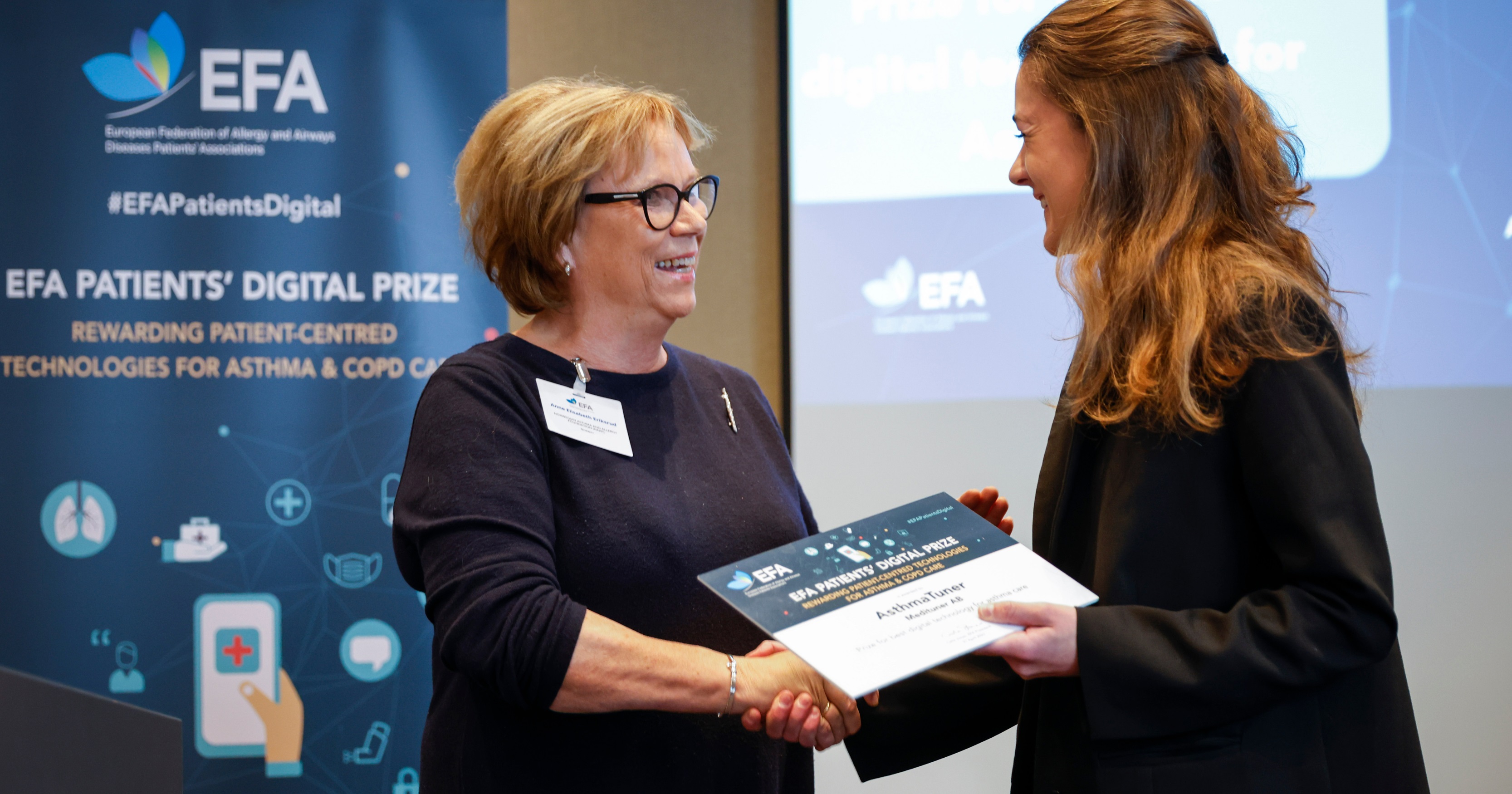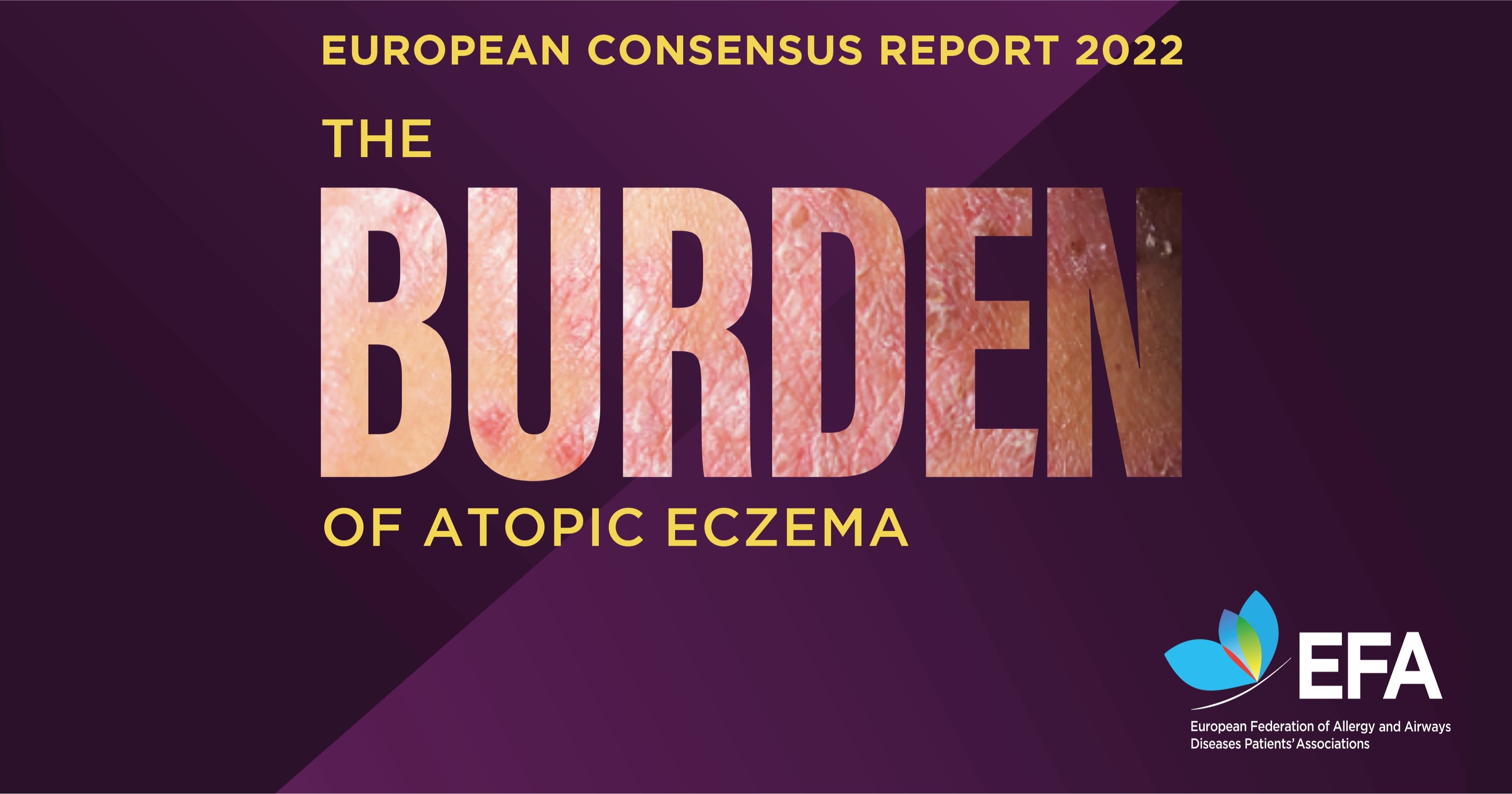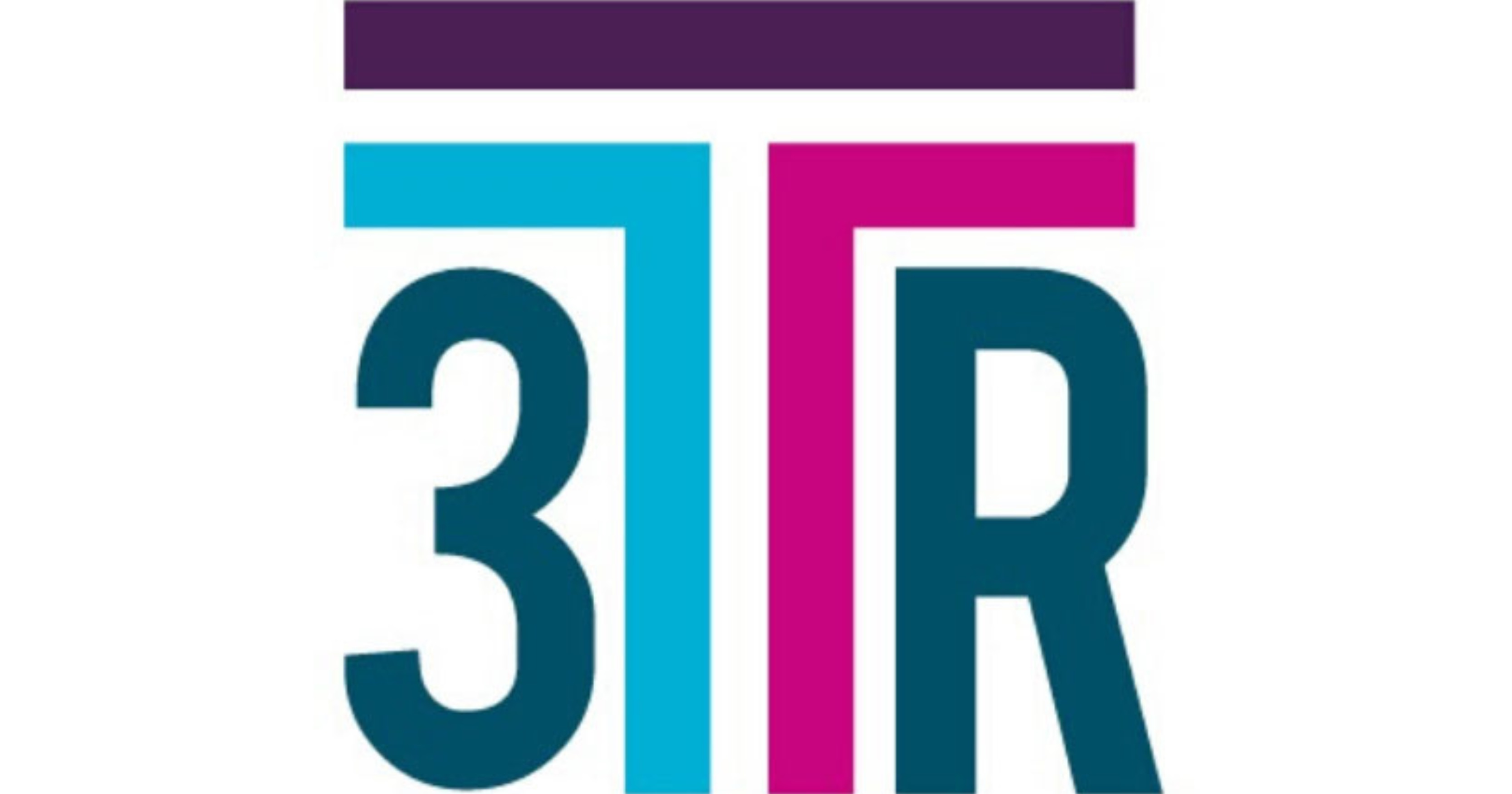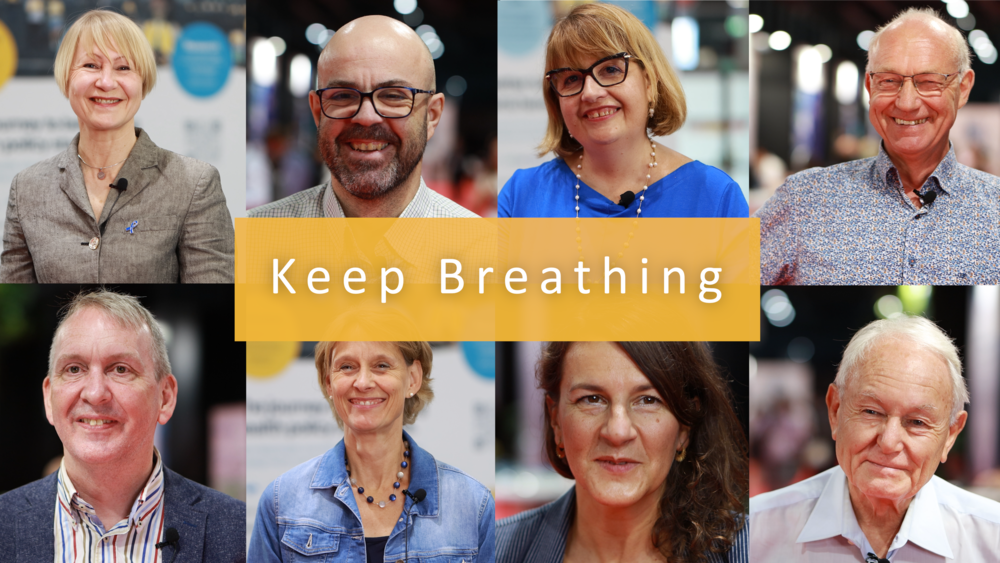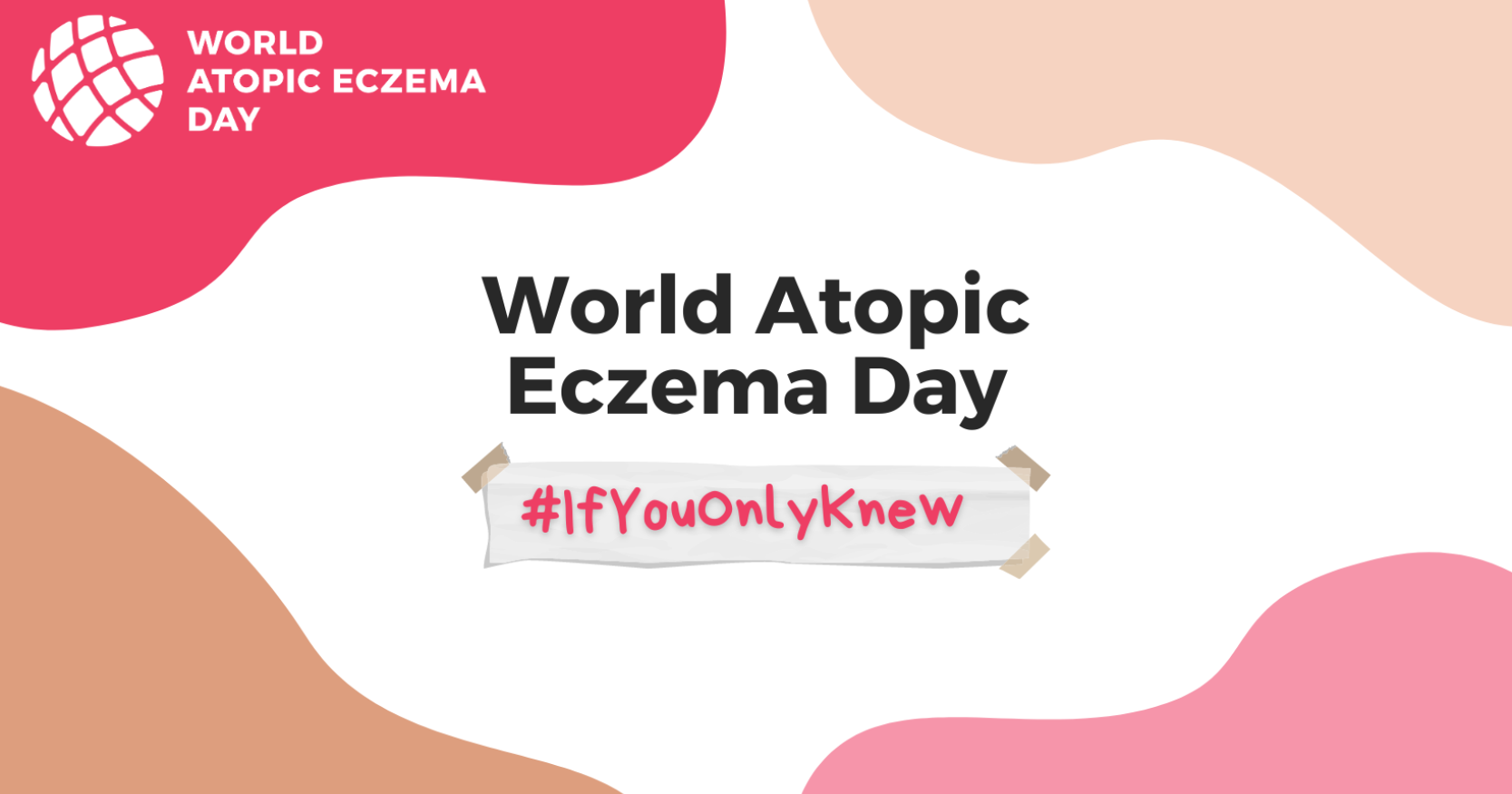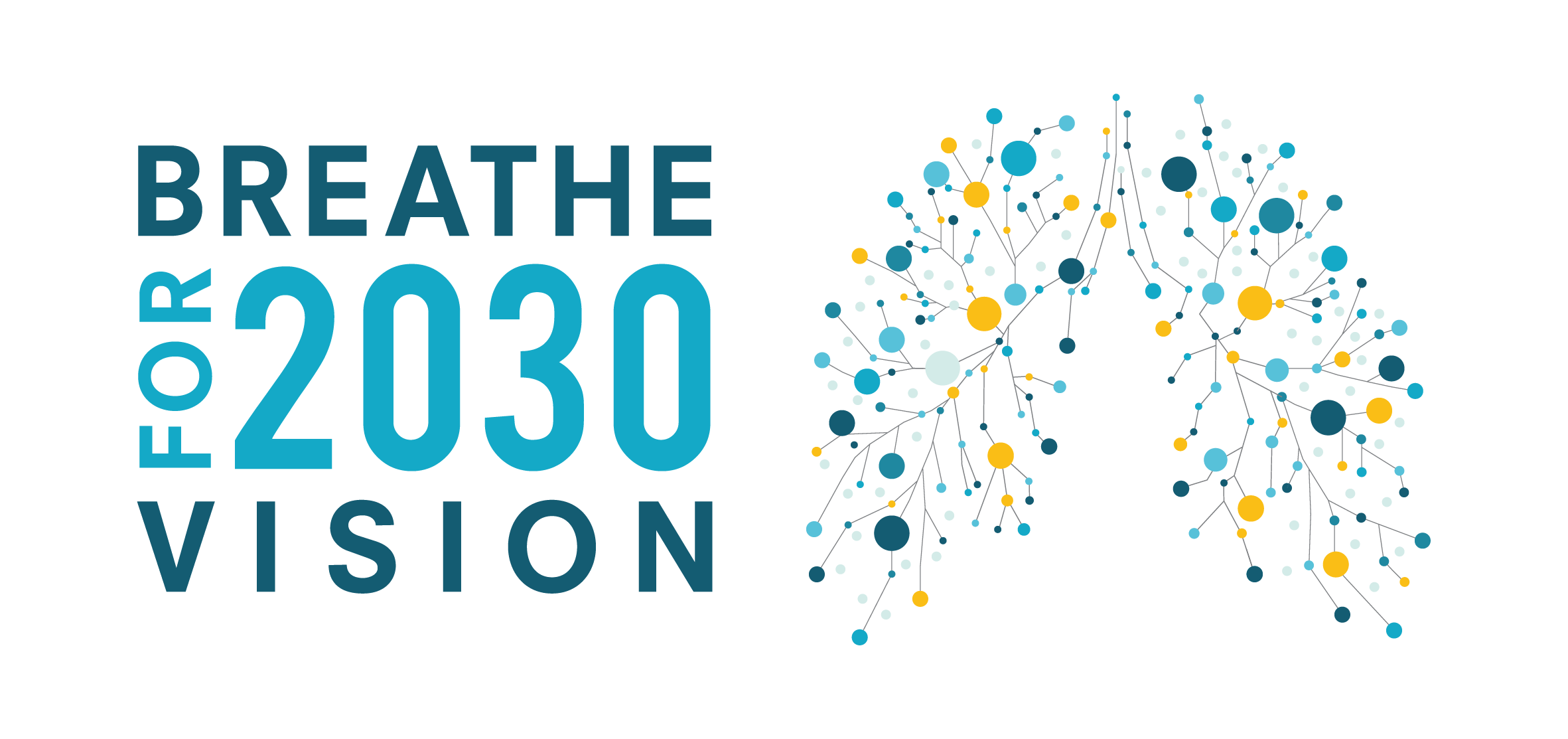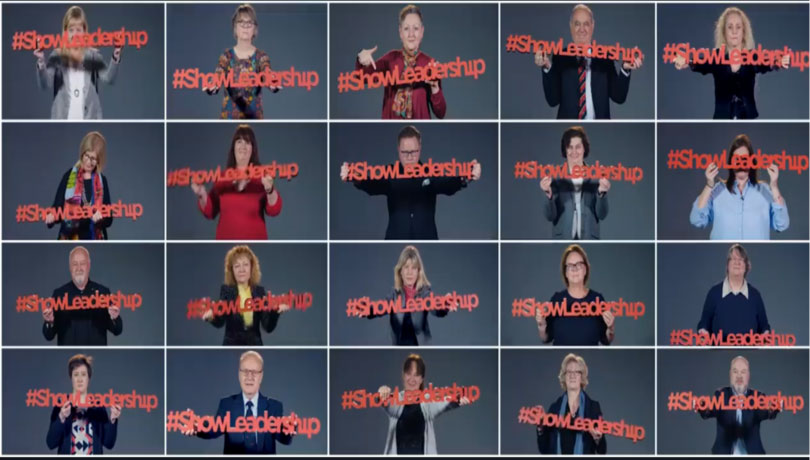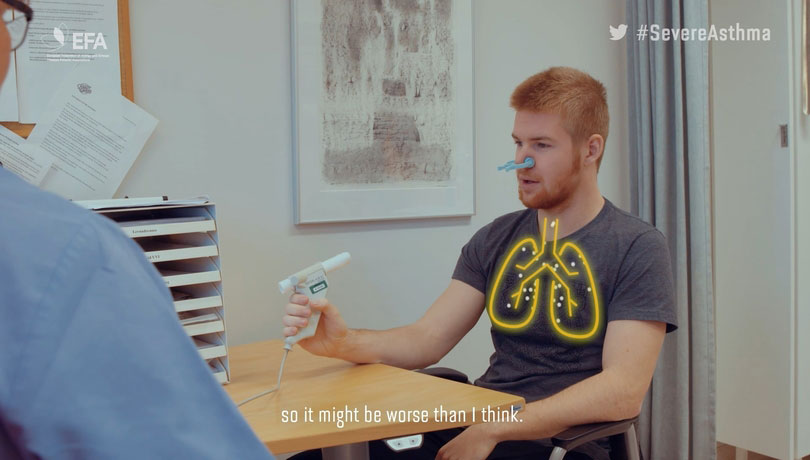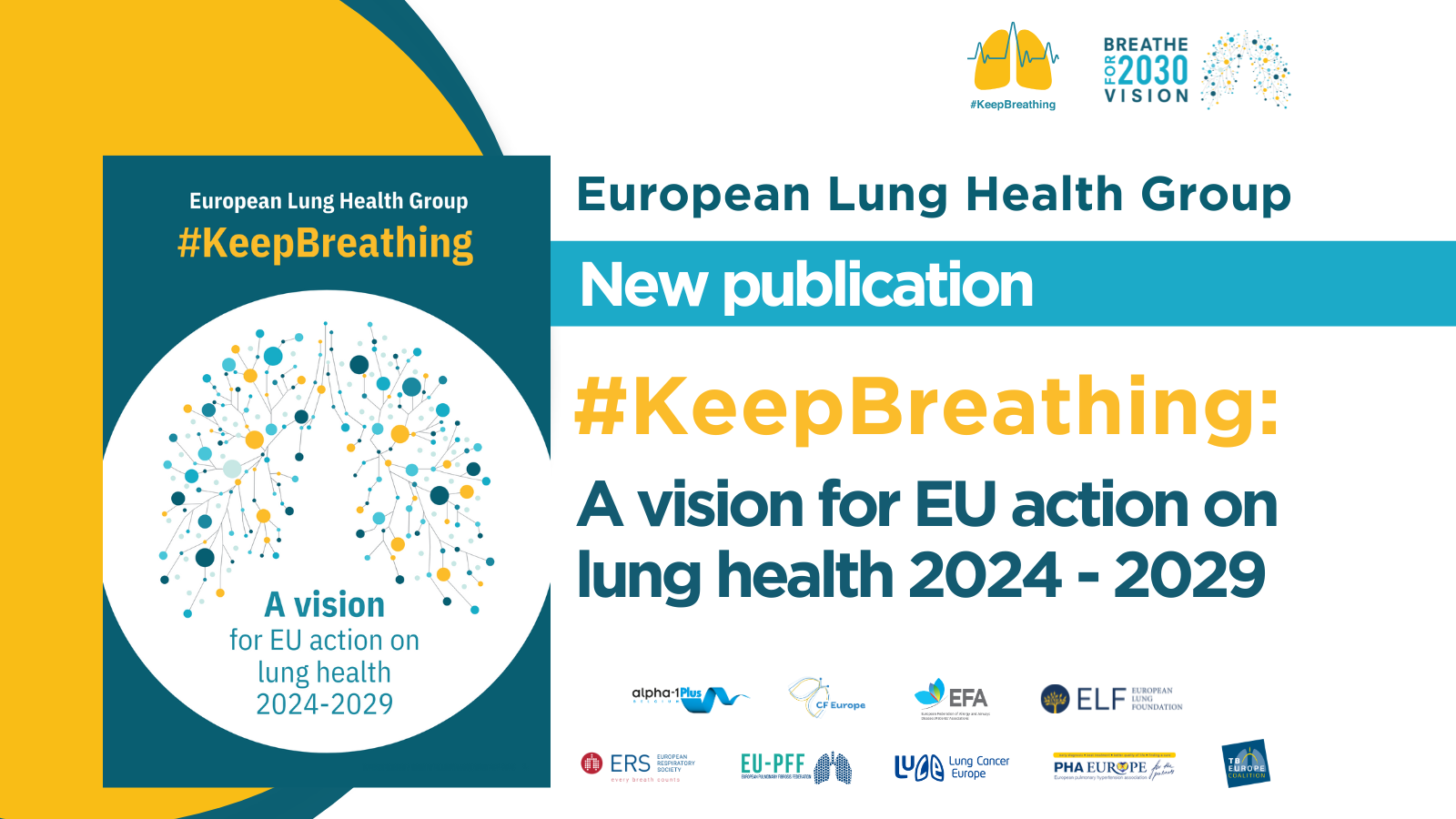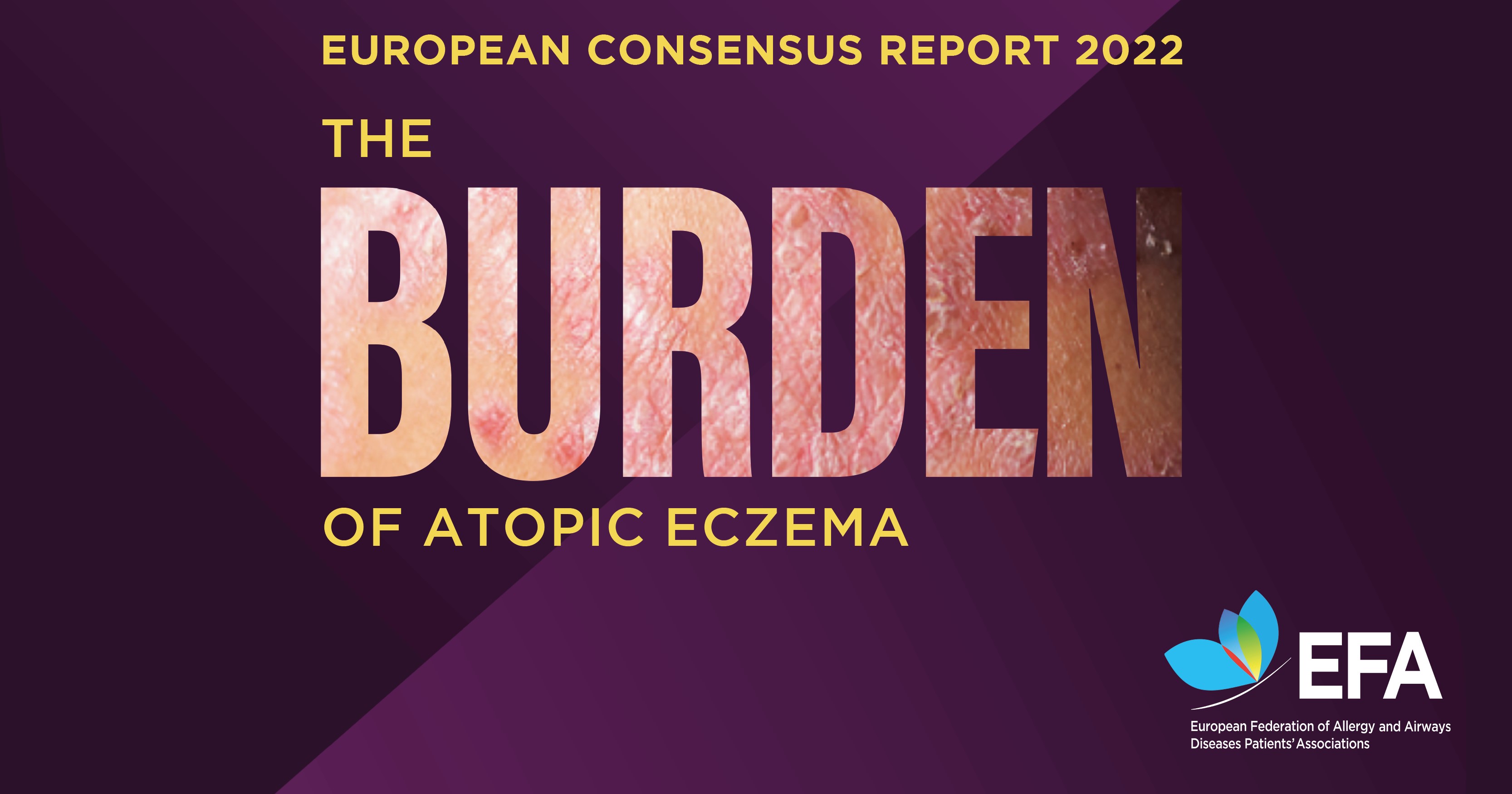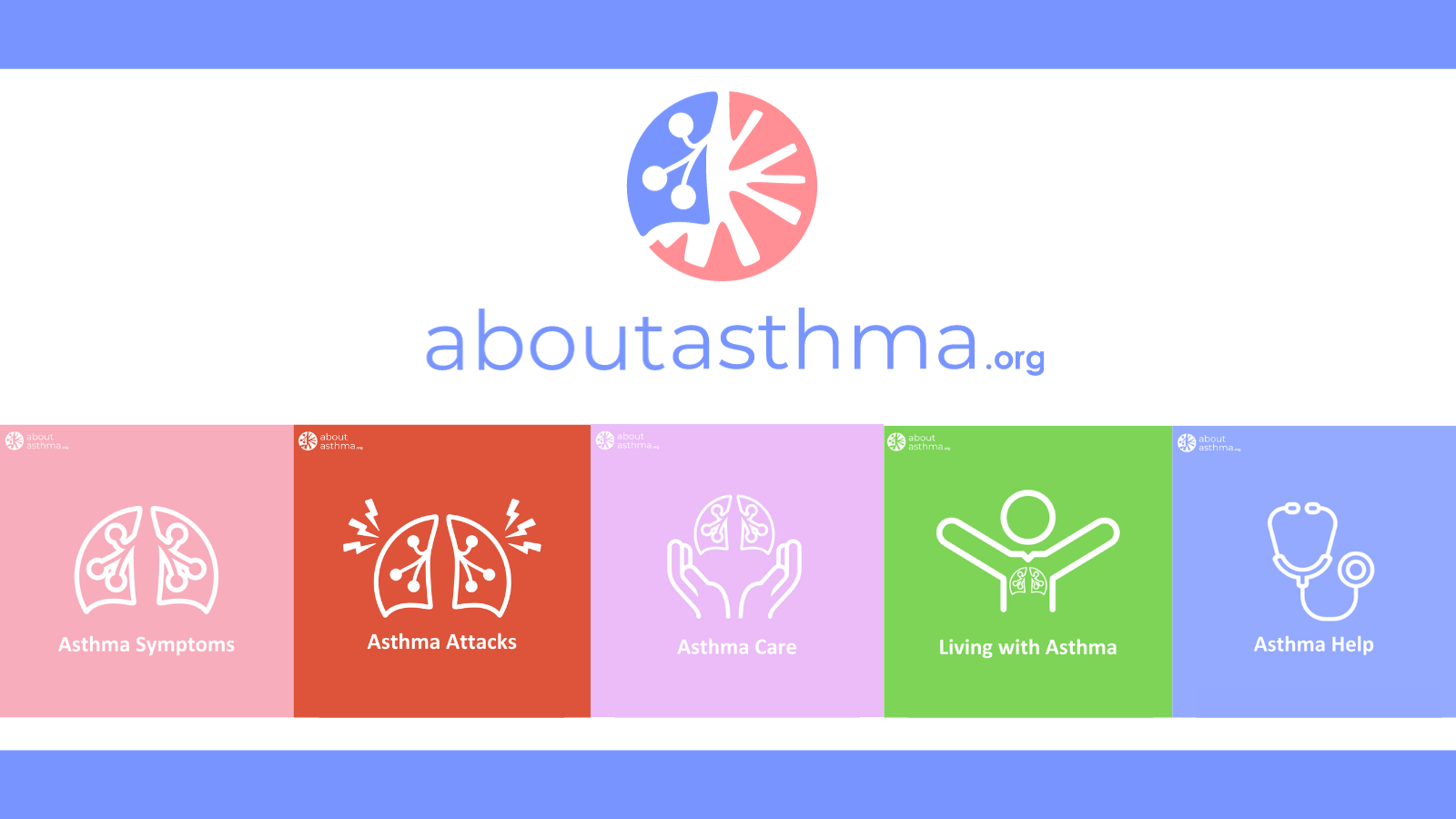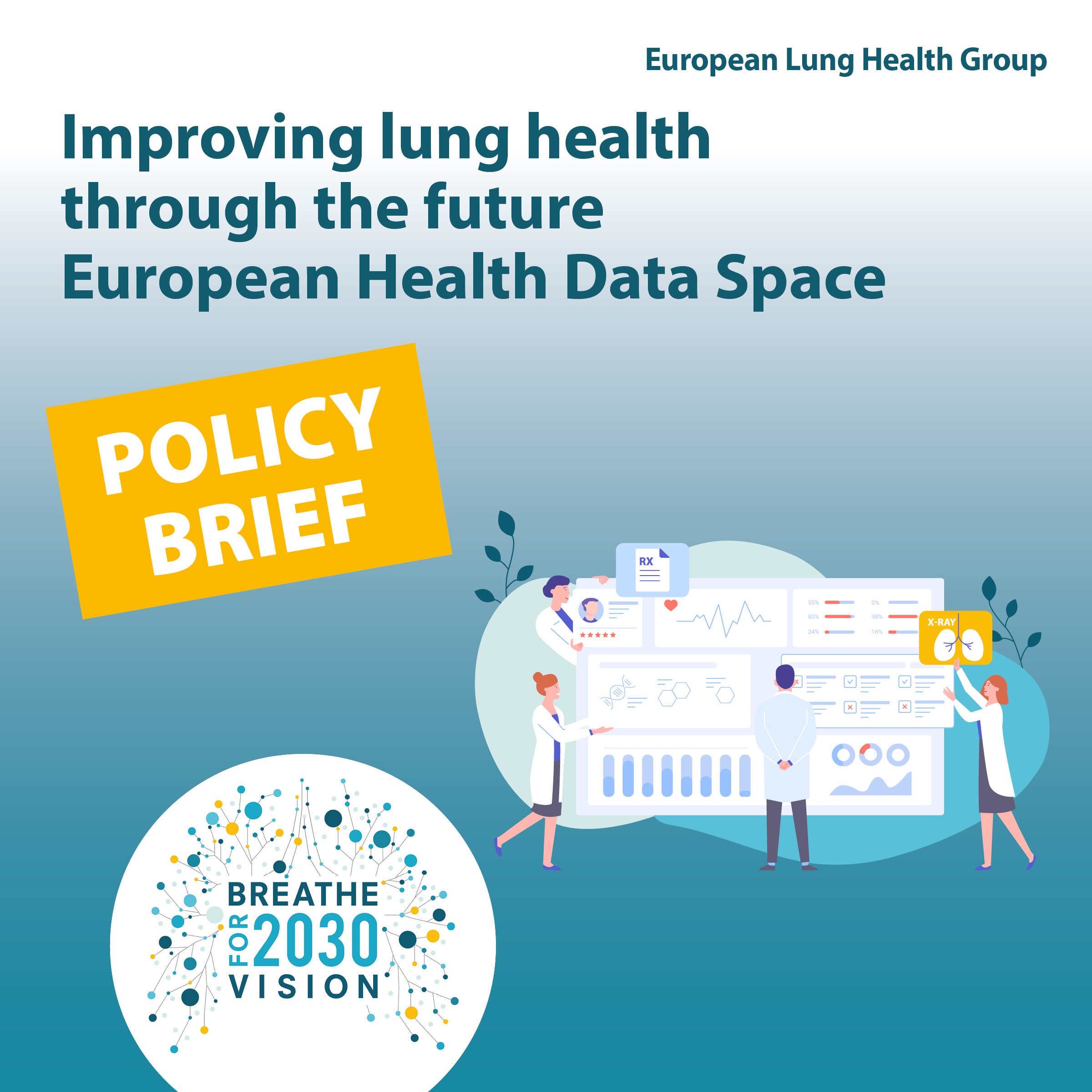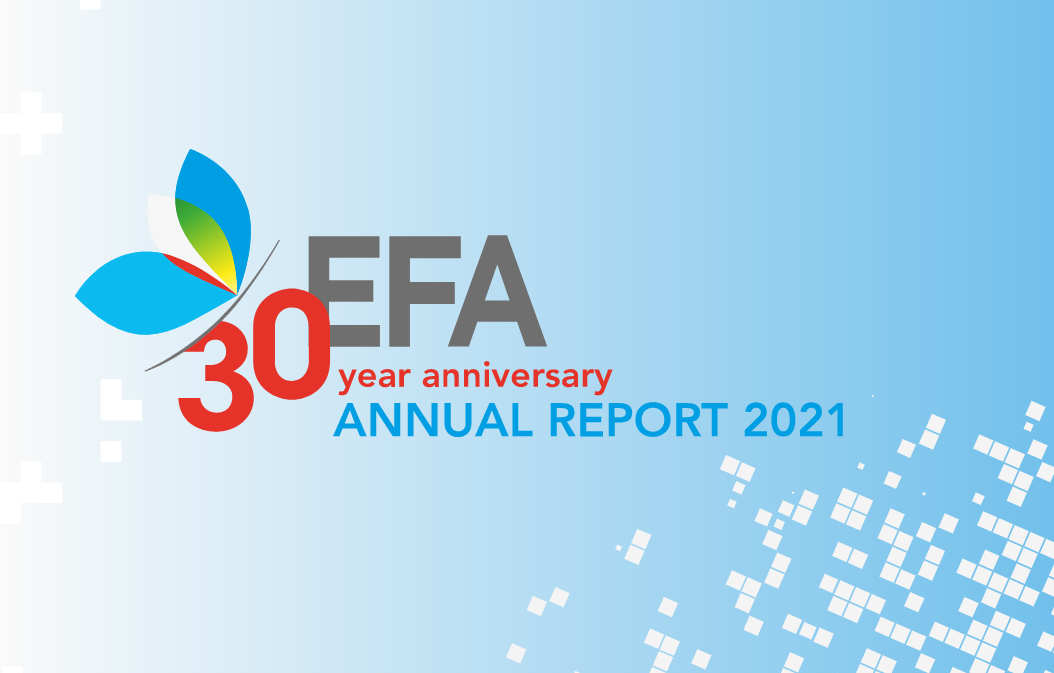Ageing population is nowadays one of the main European challenges which will bring important budget pressures, especially on the healthcare system. Mobile devices have the potential to reshape healthcare delivery and to increase quality and efficiency, but many actors are hindering this innovation process. So how can we unlock the potential of mHealth in Europe?
The question was addressed during the QED Conference on Mobile Health in Europe – Changing Health and Care, held on the 18th of October in Brussels.
Member of the European Parliament Eva Kaili and Ms Carmen Laplaza from DG CONNECT presented the work the European Union and the European Commission are doing in this field, from the regulatory framework (eg the upcoming Medical Device regulation, the Code of Conduct on Mobile Health Apps) to specific initiatives, such us the funding provided under the Horizon 2020 programme and the Guidelines on validity and reliability of mHealth app data, in which EFA is also contributing.
It is clear that delivering innovation to the real world needs the involvement of all stakeholders, especially the end users, following the “co-creation of Health” approach. This was highlighted several times by Michael Seewald form Novartis and our project manager Giuseppe De Carlo, who also explained what the challenges faced by patients in using mHealth. In particular he stressed on the need of building trust and motivations: patients need to know exactly what the app serves to, what are the concrete benefits and by whom this was developed. mHealth apps won’t serve the people if are not built according to their needs and with their contribution. User-centred design, like the one applied in myAirCoach are therefore vital for enabling innovation in Europe.
